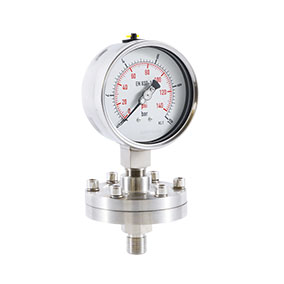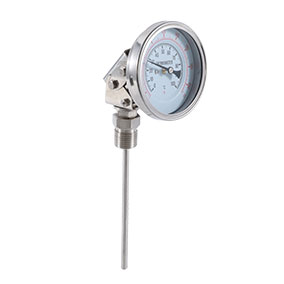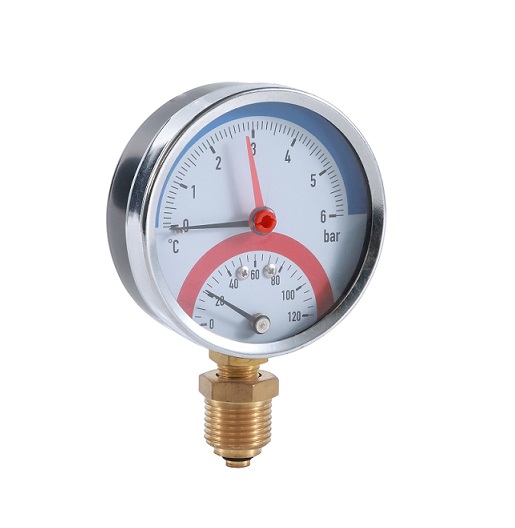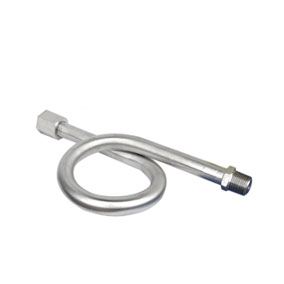The Crucial Role of Pressure Gauges in Industrial Safety and Risk Management
In industrial settings, safety is paramount, and the management of risks associated with various processes is a top priority. Pressure gauges play a crucial role in ensuring the safety and reliability of industrial operations. This article explores how pressure gauges contribute to industrial safety and risk management, highlighting their importance in detecting abnormalities, preventing accidents, and maintaining operational integrity.
Monitoring Critical Systems
Pressure gauges are instrumental in monitoring critical systems such as hydraulic and pneumatic systems, boilers, and pressure vessels. By continuously measuring and displaying pressure levels, these gauges provide operators with real-time insights into the state of these systems. Any abnormal pressure fluctuations can indicate potential issues such as leaks, blockages, or equipment malfunctions, allowing operators to take corrective action promptly.
Early Detection of Problems
One of the key benefits of pressure gauges is their ability to detect problems early on. Whether it's a sudden increase in pressure in a pipeline or a drop in pressure in a boiler, these deviations from normal operating conditions can signal underlying issues. By promptly addressing these problems, operators can prevent accidents, equipment damage, and costly downtime. Pressure gauges serve as early warning systems, enabling proactive maintenance and risk mitigation strategies.
Ensuring Compliance with Safety Standards
In many industries, compliance with safety standards and regulations is non-negotiable. Pressure gauges play a vital role in ensuring that industrial processes meet these stringent requirements. By accurately measuring and displaying pressure levels, pressure gauges help operators maintain systems within safe operating limits as prescribed by relevant safety standards. This compliance not only mitigates the risk of accidents but also protects personnel and the environment.
Preventing Over pressurization Events
Over pressurization events pose significant risks in industrial environments, potentially leading to catastrophic accidents such as explosions or ruptures. Pressure gauges act as critical safeguards against over pressurization by continuously monitoring pressure levels and providing visual indications of any deviations from safe limits. In conjunction with pressure relief valves and other safety devices, pressure gauges help prevent the buildup of excessive pressure, thereby mitigating the risk of catastrophic failure.
Supporting Risk Assessment and Management Strategies
Effective risk assessment and management are essential components of industrial safety programs. Pressure gauges play a central role in these efforts by providing valuable data for risk assessment purposes. By monitoring pressure levels over time, operators can identify trends, patterns, and potential areas of concern. This data-driven approach allows organizations to implement targeted risk management strategies, such as equipment upgrades, maintenance schedules, and procedural changes, to mitigate identified risks proactively.
Pressure gauges are indispensable tools in industrial safety and risk management. From monitoring critical systems and detecting problems early to ensuring compliance with safety standards and preventing over pressurization events, pressure gauges play a multifaceted role in safeguarding personnel, equipment, and the environment. As an international pressure gauge manufacturer, we want our organization to improve operational safety, minimize risk and maintain the integrity of industrial processes.




